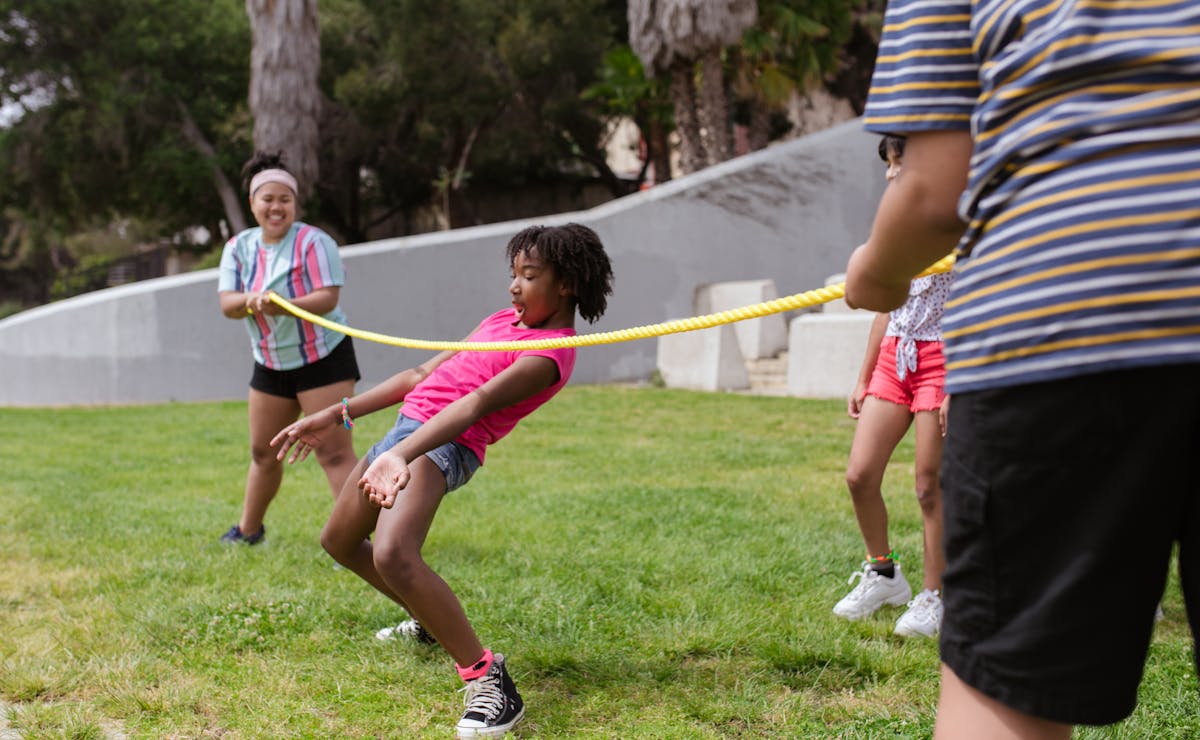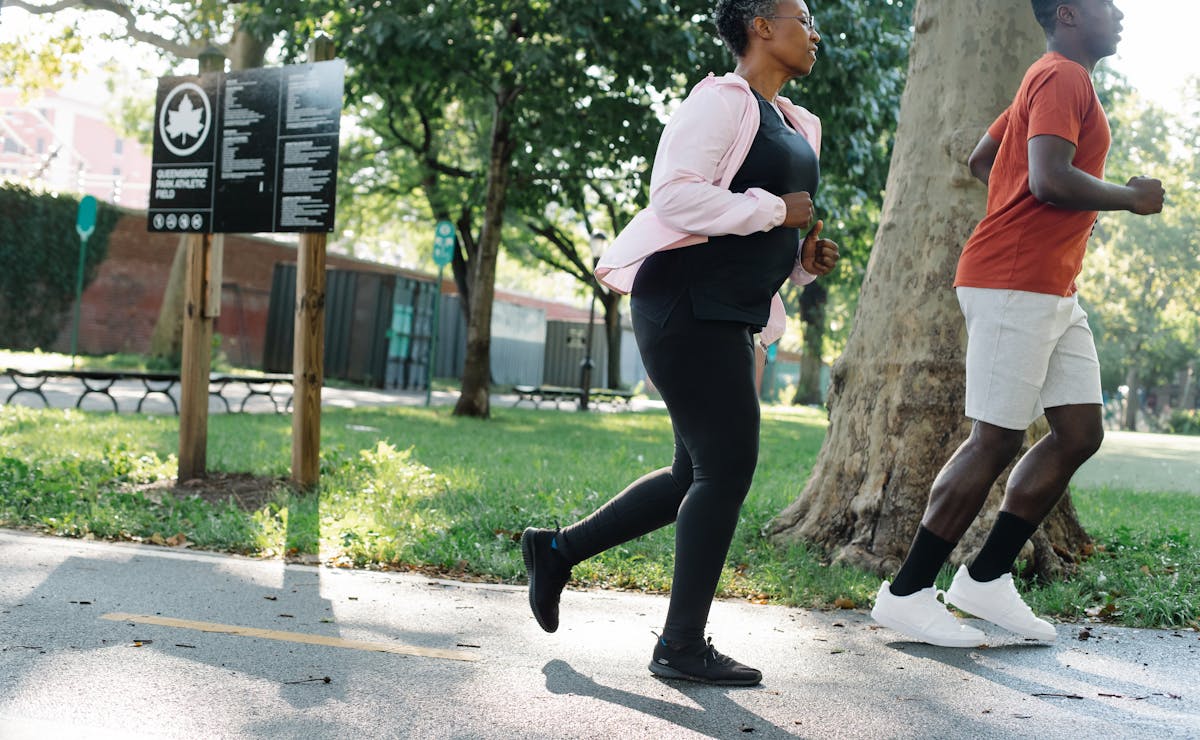In sport, a training camp is an accommodation where an athlete resides for sometime, practicing in order to advance their performance level, and in addition to gearing up physically as well as psychologically for key tournaments and matches.
These training camps can be employed to enhance physical stamina and technique, like cardio exercises, technical practice with repetition of movements and even simulation of what it would be during the competition day. It depends on every individual’s objectives.
Continue reading to understand how the proposal can help you win the gold medal you’ve always dreamed of!
What is training camp in practice?
It can take place in various locations, such as gyms, sports facilities and even in rural areas.
Its implementation will depend on the athletes’ needs and available resources, and may involve any sporting modality – triathlon, volleyball, football, cycling and others.
When you participate in one, you will face challenges and be supervised by professionals who will monitor your performance and health.
There are events designed for a single activity, such as cycling, swimming, marathons, surfing, tennis, among others, and also training camps that involve several modalities.
And, if you want to be present, you need to register in advance – looking for alternatives through sports platforms specialized in the subject , how about that?
Furthermore, it is common for events to have the presence of coaches, psychologists and physiotherapists, all to provide security to participants who want to give their best and achieve the desired goals in future competitions.
How long is a training camp?
A training camp has a specific duration determined by whoever organizes it, with a specific date, time and location, however, the participation of athletes varies according to the needs of each one.
Therefore, the same camp can last two days, a whole weekend or even 15 days depending on each person involved.
In an athletics camp, for example, there will be athletes focused on improving their 100-meter dash and others who want to improve their pole vault or even long jump, each with their own goal, which directly impacts the duration as well – calculated individually.
And speaking of goals…
What are the goals of a training camp for athletes? 4 main goals!
A training camp can help athletes improve their technical skills, strengthen their physical conditioning and work on mental aspects that are essential for the tough routine of competitions.
In cases where there is cooperation between participants, the event also develops team spirit.
There are high-performance athletes who even participate in events like this to progress towards international competitions and even the Olympics!
1. Improve technical skills
There’s nothing better than practice and repetition for an athlete to improve their skills and performance, right? Especially in a camp like this, where other professionals are present to help!
If the biggest difficulty for someone participating in a volleyball training camp is the serve, an essential fundamental of the sport, this will be the chance to serve repeatedly until achieving the ideal movement with the guidance of experts in the subject and other colleagues.
2. Increase physical fitness
Physical training is a crucial part of training for those who focus on developing strength, endurance, consistency, speed and flexibility.
A triathlon camp, for example, which combines running, swimming and cycling, certainly helps to get your cardio up to date and improve cardiorespiratory fitness , showing how important it is for sporting progress.
3. Work on mental aspects
In addition to the physical aspect, mental training is often incorporated into camp training to help athletes develop the mindset needed for high performance: focusing on the goal, without deviating from it!
The event contributes to improving stress management skills, a common feeling in sports competitions , because it gives each person the opportunity to “compete” with other athletes, increasing their chances of overcoming obstacles and standing out beyond their own limits.
4. Develop team spirit
Consider this as a golden chance to create that legendary team spirit!.
It is also an opportunity to trade “stickers” with other athletes, reveal challenges and assist others in reaching the desired performance! It is not surprising that in such a big event, all parties win, from performance to networking.
Just be careful, because if you want to face the intense and advanced training proposal and enjoy all the benefits, you need to prepare in advance!
How to prepare for a training camp?
Although fun and leisure are part of the package, no one goes to a training camp to just hang out, right? Everyone who seeks out the resource aims to overcome and improve strategic performance points, so they need to prepare with a good evaluation, lots of training, adequate nutrition and rest.
Check out the full list!
- Start training early: Make sure you already have some training in the sport you want to improve in. Camps are generally not geared towards beginners, although everyone is welcome!
- Maintain a proper diet: have a balanced diet and consult a nutritionist to optimize your diet during the high-intensity training period. Don’t go in for the count if you’ve never done something like this, or your body will certainly feel the pressure.
- Provide appropriate equipment and clothing: Make sure you have the appropriate sports equipment and clothing for the sport, and check the weather conditions for the training day. Always bring extra items, such as socks, towels or sunscreen. Be prepared!
- Prepare yourself mentally: work on your sporting mentality, including the ability to deal with pressure and frustration, but above all, try to stay focused and concentrated during competitions.
- Get plenty of rest: Make sure your body is well-rested before training camp begins to avoid fatigue. Take a break from exhausting parties and travel and plan ahead to get your body 100% ready for the challenge.
- Be open to learning: Keep an open mind and be willing to learn from coaches and teammates, be prepared to deal with criticism, advice and learn everything you can, even if you have to write it down.
Breathing in the air of this kind of “battlefield of good” is a valuable opportunity, but it requires commitment and adequate preparation. Make sure you are truly ready, okay?
With everything ready, all you need to do is take your training camp learning and experience with you!
After attending a training camp, having prepared properly and stayed there only as long as is appropriate for your needs, you will definitely be counting down the days until the next one!
And there is a good reason for this: most training camp participants notice a real improvement in their results and also see immediate progress.
Another point is the opportunity to come into contact with more professional equipment and instruments, especially if the event is organized by those who really understand the modalities involved.
But if you’re still unsure about how a training camp improves an athlete’s performance, imagine a triathlon where the athlete will have the experience of being assisted by a team of professionals from the beginning, during preparation, to the finish line. The podium is a sure thing!



